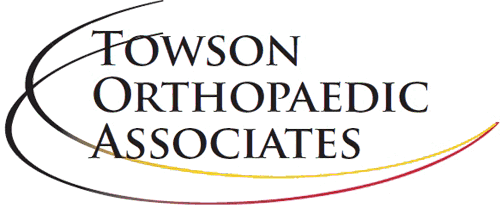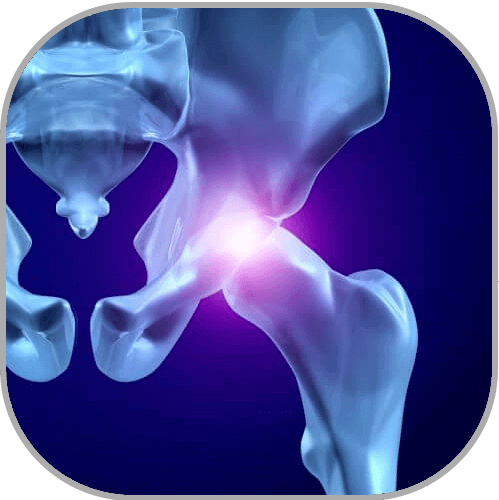
The hip abductor muscles, primarily the gluteus medius and gluteus minimus, play a critical role in stabilizing the pelvis during walking, running, and standing on one leg. These muscles, along with their tendons, help move the leg away from the body and maintain balance during movement. Injury or degeneration of the hip abductors can cause pain, weakness, and difficulty with daily activities.
At Towson Orthopaedic Associates, our orthopaedic specialists diagnose and treat a range of hip abductor pathologies. We focus on restoring function, reducing pain, and helping patients return to normal activity through personalized care plans.
Common Hip Abductor Pathologies
Gluteus Medius Tendinopathy – Degeneration or inflammation of the gluteus medius tendon, often related to overuse or chronic strain.
Gluteus Minimus Tendinopathy – Similar to gluteus medius tendinopathy but involving the smaller hip abductor muscle, often causing lateral hip pain.
Hip Abductor Tears – Partial or complete tears of the tendon, often occurring with chronic tendinopathy or sudden injury.
Greater Trochanteric Pain Syndrome (GTPS) – A broad term that can include hip abductor tendinopathy, tendon tears, and inflammation of the bursa over the greater trochanter.
Trochanteric Bursitis – Inflammation of the fluid-filled sac that cushions the hip abductor tendons over the greater trochanter.
Causes and Risk Factors
Repetitive stress from running, walking on uneven surfaces, or prolonged standing
Direct trauma or falls
Weakness or imbalance in surrounding muscle groups
Age-related tendon degeneration
Poor biomechanics or hip alignment issues
Symptoms of Hip Abductor Pathologies
Pain on the outer side of the hip, especially when lying on the affected side
Weakness when lifting the leg to the side or standing on one leg
Limping or “Trendelenburg gait” (hip drop on the opposite side during walking)
Pain that worsens with prolonged walking, running, or stair climbing
Tenderness over the greater trochanter
Non-Surgical Treatment
Most hip abductor pathologies respond well to conservative care, including:
Activity modification and rest
Anti-inflammatory medications
Physical therapy to strengthen hip muscles and correct gait mechanics
Corticosteroid or platelet-rich plasma (PRP) injections for inflammation and pain relief
Use of assistive devices temporarily to reduce strain during walking
Surgical Treatment
If symptoms persist despite non-surgical treatment, surgery may be recommended. Surgical options may include:
Hip Abductor Tendon Repair – Reattaching torn tendons to the greater trochanter
Tendon Debridement – Removing damaged tissue to promote healing
Endoscopic or Open Repair – Depending on the extent of the injury and surgeon’s recommendation
Our surgeons use advanced techniques to optimize recovery and restore hip stability and strength.
Recovery and Prevention
Recovery depends on the severity of the condition and the treatment provided. Rehabilitation is essential to restore strength, flexibility, and normal gait. Preventive measures include maintaining hip muscle strength, improving flexibility, and avoiding repetitive activities that overload the hip abductors without adequate rest.
If you have lateral hip pain, weakness, or difficulty walking, contact Towson Orthopaedic Associates to schedule a consultation and learn more about your treatment options.



